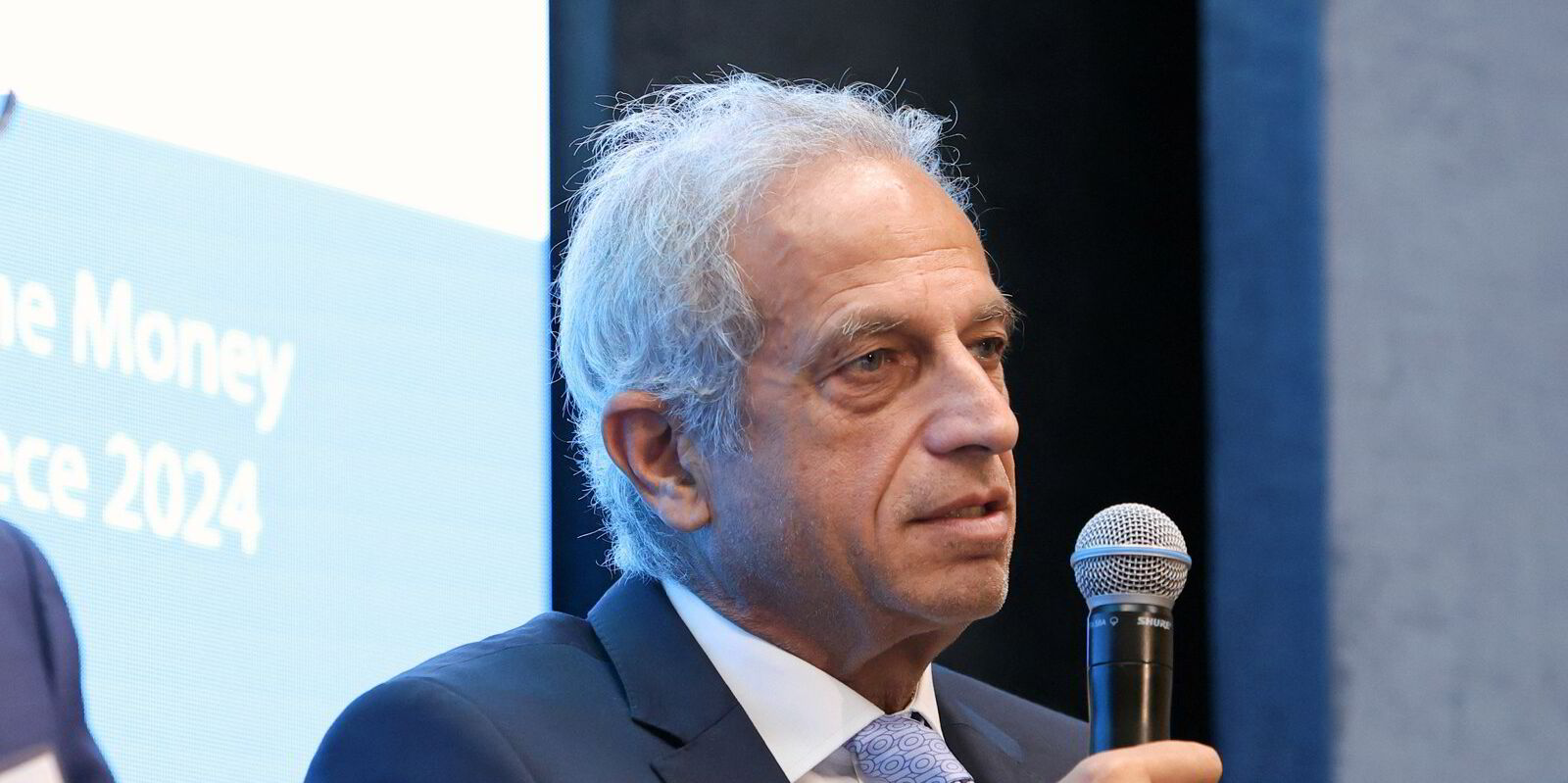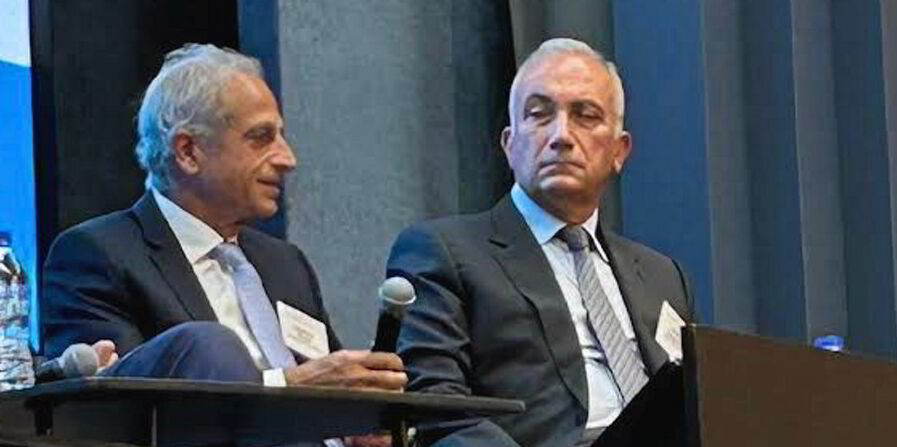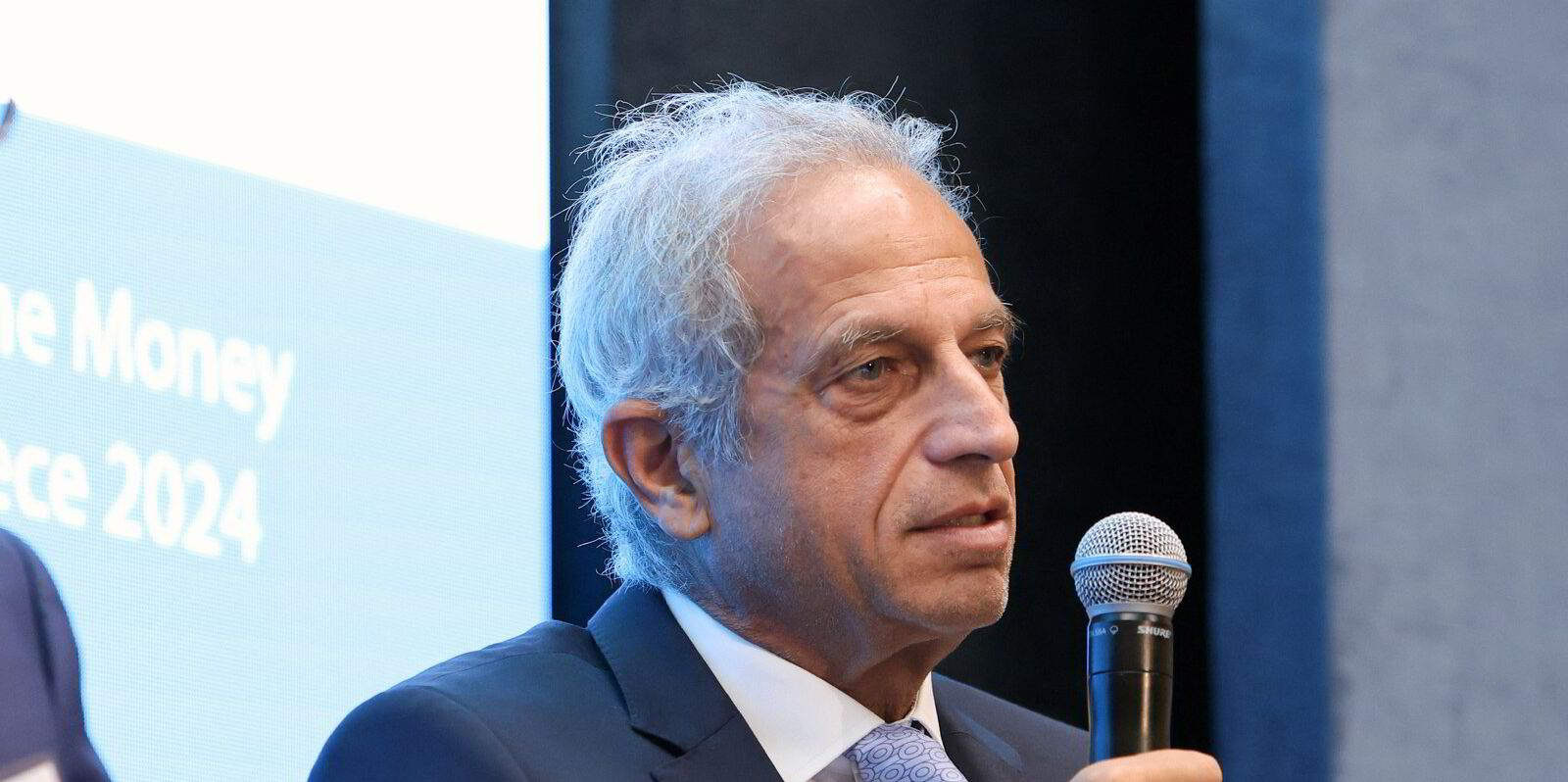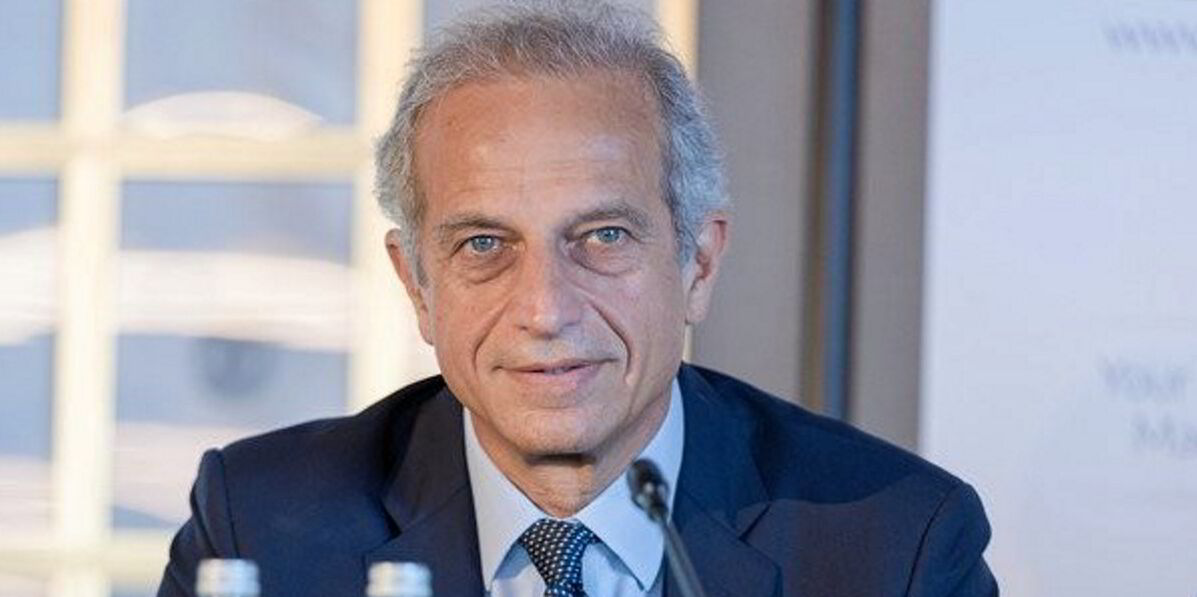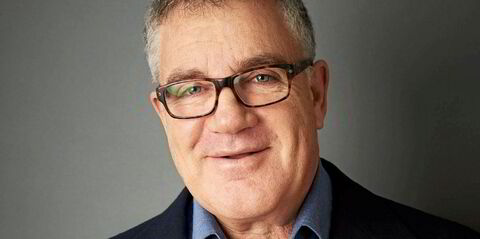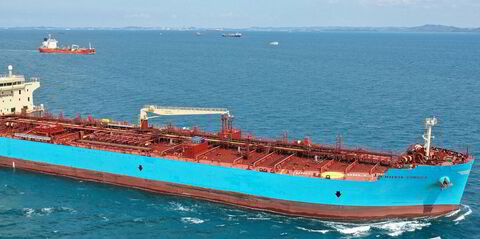EuroDry slid further into the red in the third quarter as it opted to send vessels into dry dock while waiting for the market to gather strength.
The Nasdaq-listed owner of 13 midsize bulkers reported on Tuesday a net loss attributable to controlling shareholders of $4.2m for the three months to the end of September.
This compares with a loss of about $500,000 a year earlier.
It is the sixth time in the past seven quarters that EuroDry has been in the red.
Chief executive Aristides Pittas attributed the result to weak demand for bulkers that has continued into November.
“During the third quarter of 2024, the average earnings for kamsarmax, panamax and ultramax vessels declined, with these declines continuing through October and early November,” he said in an earnings statement.
Pittas said he took advantage of weak market conditions to send four vessels into dry dock.
“With those dry-dockings completed, our fleet is better positioned to benefit from potential market increases in 2025,” he said.
Sending vessels to pass surveys early, however, weighed on dry-docking costs, which soared to $4.5m from $800,000 in the same period last year.
EuroDry’s fleet consists of five panamaxes built between 2000 and 2005, as well as two more modern kamsarmaxes, five ultramaxes and one supramax.
Pittas reiterated that he is eyeing acquisition targets: “We continue exploring investment opportunities in secondhand or newbuilding projects, especially, as recent market declines resulted in lower vessel values.”
To that effect, the company said it secured about $16m in extra liquidity through loan refinancings.
EuroDry was formed in January 2018 to consolidate the dry bulk fleet of boxship player Euroseas into a separately listed, spun-off public company.
EuroDry’s stock closed at $15.10 in New York trading on Monday, giving a market value of $43m — far below the $194m net asset value of its fleet.
As has happened with other listed shipping companies, EuroDry’s share price has suffered since early October, when it was more than $20.
Pittas and members of his family control 53.5% of the company, according to its latest annual filing.
